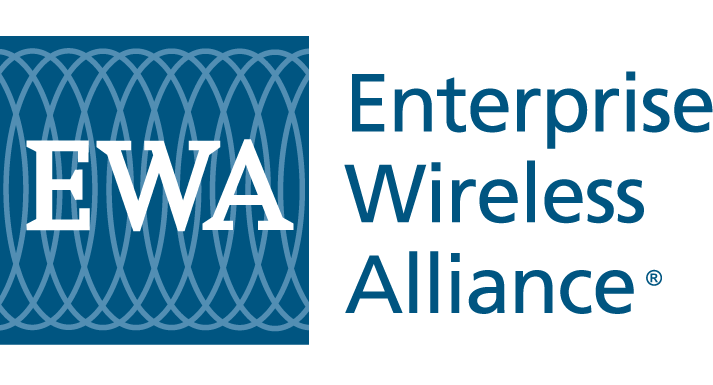The Texas and Colonial Incidents, A Wakeup Call
by F. H. "Rick" Smith
Note: Mr. Smith, recently retired from Chevron, is an honorary member of the EWA Board of Directors and is a past Board Chairman.
Two things have happened recently that just came out of the blue. Who would have expected the lights to go out in Texas and gas stations in the east would run dry. Thankfully neither of these events were as severe as they could have been. They were sort of wakeup calls, telling us we need to take another look at how we do things.
Ironically, I believe a key common thread between the Colonial Pipeline Incident and the Texas power failure was a myopic focus on efficiency. While it is natural for all organizations to want to optimize efficiency, there is a trap. That trap is building a high efficiency machine that has too many dependencies that must all be whole for the machine to function. It is an easy trap to fall into as most critical infrastructure processes evolve over many years, where past success just become unquestioned components of an increasingly complex inter-dependent machine. An example of this from the pipeline industry is the evolution from manned pump stations in the sixties, to regional manned control rooms with unmanned pump stations in the seventies and eighties, to the nineties and beyond where everything is controlled out of one national control center with increasingly intelligent SCADA and alarm management. This model usually comes with a backup national control center and redundant communications. No situation has arisen that would call this model into question, yet it isn’t hard to imagine how difficult it would be to revert to more local / more manual operation as there are not enough trained people to man every pump station anymore, and the regional outposts are no longer wired with SCADA visibility. This example is just to illustrate my point. I do not pretend to know the circumstances that delayed the Colonial Pipeline from coming back on.
There was a time in the past when folks appreciated the virtue of processes that were simple, separate, and local. That is the opposite of today’s efficiency driven virtue that embraces “complexity,” being “connected,” and being “regional or national” in scope. In today’s regional/national scale world, one dependency that is baked into almost every process is telecommunications/the internet. Fortunately, in the Texas and Colonial cases, telecom was not a key issue, otherwise it would have been much more difficult to get things back on.
We are fortunate to be able to say that the US has never had one of its entire power grids (East, West, Texas) go completely down. If that were to happen, telecom/the internet would follow quickly, and too many things to list would all be broken at the same time. The focus would then shift to restarting, and the need to be able to operate locally would go from “I don’t need it” to “I got to have it.” It is the local “wholeness” that is going to allow things to restart, eventually resulting in things building back up to the national scale (where we like to operate). The fact that a national grid has never failed doesn’t mean it won’t.
I don’t know about you, but when I see large complicated systems like the Texas grid and the Colonial Pipeline fail, and when you reflect on the huge risk power and telecom problems present to virtually everything today, it is time to rethink.
Fortunately, many folks are starting appreciate the need to add resiliency to our nation’s infrastructure. Texas Senate Bill 1606 has been initiated with the express purpose of doing just that for the power grid and the 16 identified categories of critical infrastructures.
I see an opportunity for EWA members to help many organizations take a deep look at the telecom dependencies that underpin their operations today. I think that once organizations take that deeper look, many will realize that they have drifted into the uncomfortable reality that if they can’t operate regionally or nationally, they can’t operate all!
No one is suggesting national or regional operation cannot be an organization’s high efficiency Plan A, but most organizations should have a Plan B that can at least function on a local level without power and telecom having to work “everywhere.” Private wireless spectrum and systems can play in a Plan A or a Plan B, but there are a couple of things about private systems that make them great for resiliency. With private systems, you control how they are powered, and you know where they are when they break, and they can be separate from commercial networks and the internet.
Let’s get busy making America more resilient! The future is bright for the Private wireless industry. The phrase of the day is “Simple, Separate & Local.”
